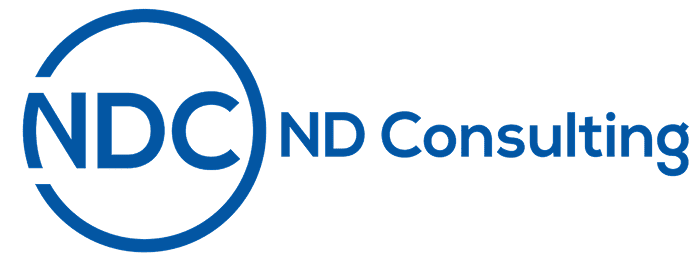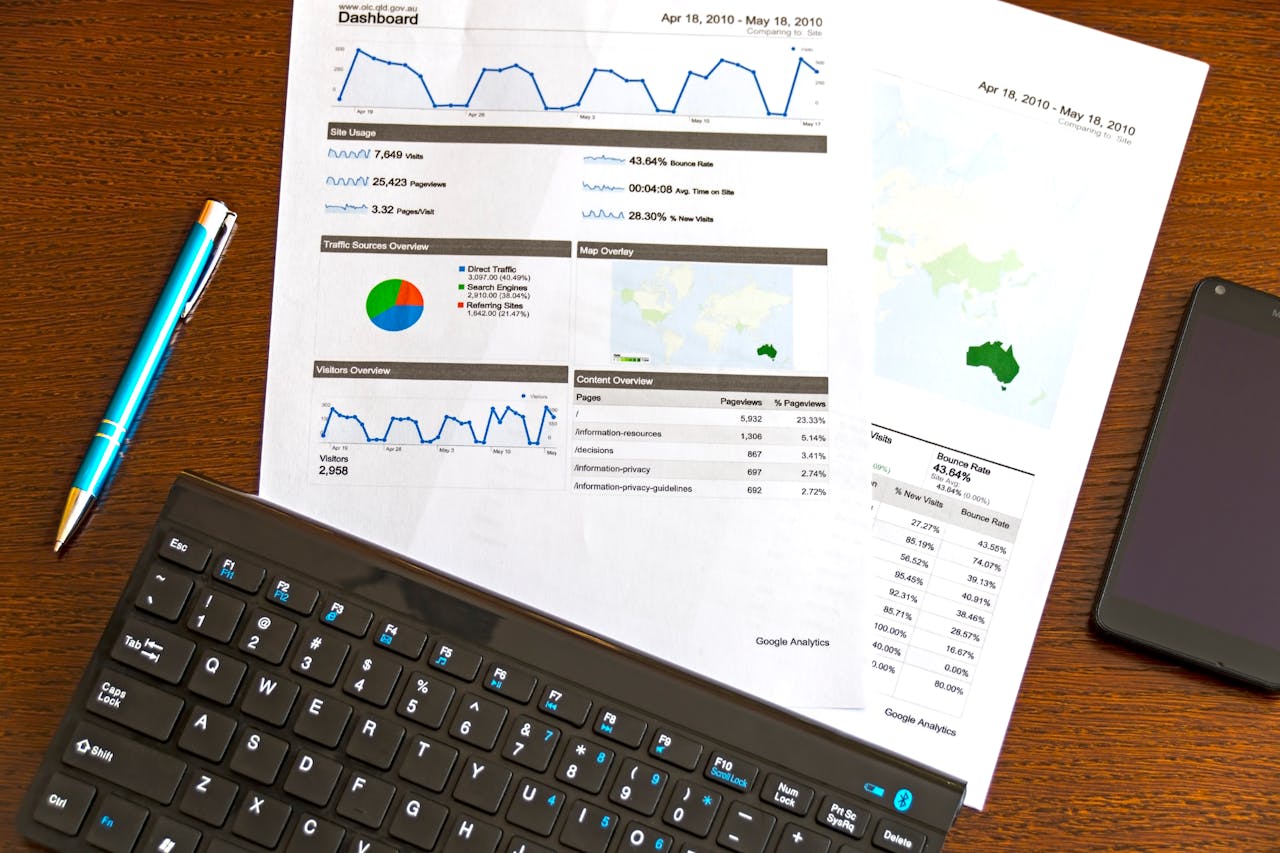When it comes to managing properties, few things affect long-term profitability more than accurate budgeting and forecasting. Yet many teams still struggle with outdated spreadsheets, disjointed data, and time-consuming reconciliation processes. That’s where Yardi financial planning tools come into play. Built specifically for real estate operations, these tools take the guesswork out of budgeting and give property managers, accountants, and executives a clear path toward smarter financial decisions.
Why Budgeting Still Hurts for Many Property Firms
Despite major advancements in property technology, budgeting remains a pain point for many real estate firms.
The current outdated methods often lead to:
- Missed budget assumptions
- Longer budgeting cycles
- Increased human error
- Limited visibility across portfolios
For firms managing multiple properties, this creates an environment where decisions are delayed, costs are poorly forecasted, and financial reporting becomes more reactive than strategic.
What Makes Yardi Financial Planning Different
Yardi’s financial tools are integrated directly into the Voyager platform, meaning users can access real-time data across leasing, operations, and maintenance. This makes it possible to generate budgets and forecasts without switching systems or manually pulling in data.
Here are some standout features:
- Automated budget generation based on historical data and real-time metrics.
- Scenario modeling for comparing the financial impact of different assumptions.
- Multi-level approvals and workflow customization.
- Consolidated reporting across multiple entities and properties.
The result is a unified system where the numbers tell a complete story, not just a snapshot.

Smarter Budgeting Through Real-Time Insights
What makes Yardi financial planning powerful isn’t just automation; it’s the quality of the insights. Instead of relying on static spreadsheets from last quarter, property teams can work from live data that reflects current occupancy rates, rent collection patterns, and vendor expenses.
This real-time visibility translates into faster decisions and more accurate forecasts. For example, if leasing velocity dips in Q2, property managers can adjust projections for the remainder of the year without waiting for month-end reports.
Collaboration Without the Confusion
One of the biggest benefits of Yardi financial planning is how it supports cross-department collaboration. Budgeting often involves input from leasing agents, property managers, finance leads, and regional executives. Yardi provides built-in workflows so each stakeholder can contribute their data and review assumptions within the same system.
There’s no need to consolidate separate files or email spreadsheets back and forth. Everyone works from the same dataset, reducing miscommunication and speeding up approvals.
Forecasting That Looks Ahead
Budgeting isn’t just about predicting next month’s numbers, it’s about understanding how operational decisions affect the bottom line. Yardi financial planning tools come equipped with forecasting modules that let teams test different assumptions against market trends.
For example:
- What if utility rates increase by 10%?
- How does a delayed lease-up schedule impact cash flow?
- What’s the year-end impact of a rent concession campaign?
With flexible modeling, teams can prepare for a range of possibilities rather than reacting after the fact.
Compliance and Transparency Made Easier
For property firms managing affordable housing, LIHTC units, or HUD-regulated portfolios, budgeting isn’t just about dollars and cents, it’s also about compliance. Yardi financial planning integrates with compliance modules to ensure funding rules and regulatory benchmarks are built into forecasts.
This means:
- No guessing about income limits.
- Consistent tracking of project-based subsidies.
- Faster preparation for audits and reporting deadlines.
With automated controls and audit trails, firms can demonstrate compliance while freeing staff from manual data checks.
Reducing Risk Across the Board
Unreliable budget assumptions don’t just hurt forecasting; they also increase operational risk. If a property is under-budgeted on repairs or overestimates lease revenue, it can affect everything from cash flow to investor returns.
By working from accurate, centralized data, Yardi financial planning helps reduce:
- Variance-related surprises.
- Delays in capital improvement planning.
- Missed debt service coverage ratios.
This tighter financial oversight is particularly valuable during market shifts when portfolio resilience depends on good forecasting.
Integrations That Work with Your Workflow
One of the biggest frustrations with financial software is when it doesn’t integrate with operational platforms. Yardi financial planning is native to the Voyager ecosystem, meaning no extra exports, no third-party bridges, and no disconnected dashboards.
Teams can:
- Import historical data instantly.
- Link forecasts with maintenance and leasing activity.
- Align capital planning with unit turnover trends.
This integration turns financial planning from a monthly task into a daily strategic asset.
Real Results from Real Firms
According to a case study published by Yardi, EMAAR implemented Yardi’s budgeting and forecasting solutions and achieved a 40% reduction in the leasing planning cycle and significant time savings in reporting (up to 50% reduction in automatic reporting time).
These are not isolated results. Across the board, companies that use Yardi for budgeting report greater control, shorter review cycles, and better performance tracking.
What to Look for When Rolling Out Yardi Financial Planning
Implementing new software can seem daunting, but the right approach makes all the difference. Here’s what successful firms do when adopting Yardi’s budgeting tools:
Get buy-in from every level – From site managers to executives, everyone benefits from cleaner data and faster reporting
Standardize chart of accounts – A consistent framework ensures cleaner reporting across multiple entities
Schedule regular reviews – Don’t wait for year-end; review budget-to-actual performance quarterly
Train teams early – Don’t treat training as an afterthought. Hands-on sessions lead to faster adoption
Final Thoughts
Property firms looking to gain a sharper edge with their budgeting don’t need to overhaul everything. They just need to work smarter with the tools already designed for their industry. Yardi financial planning combines real-time visibility, scenario modeling, and compliance controls to make budgeting more accurate and less of a chore.
In an industry where every dollar counts and every decision matters, the firms that use their data well will always stay one step ahead. With the right planning tools, budgeting becomes not just a task but a competitive advantage.





